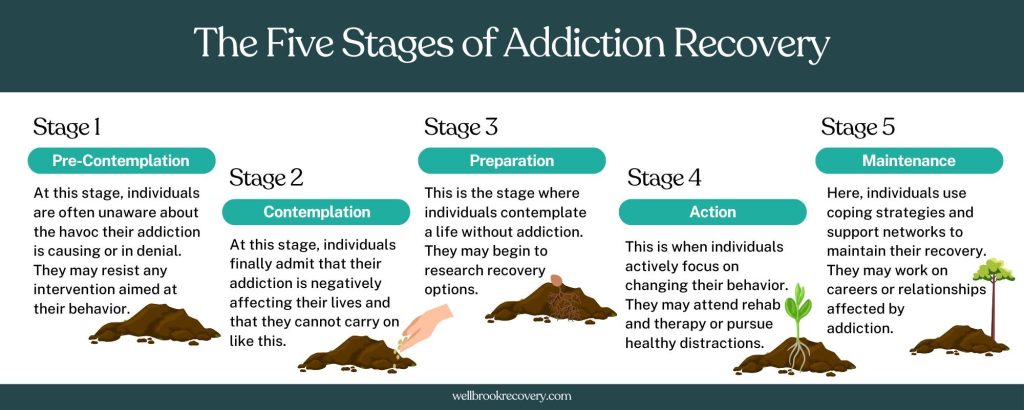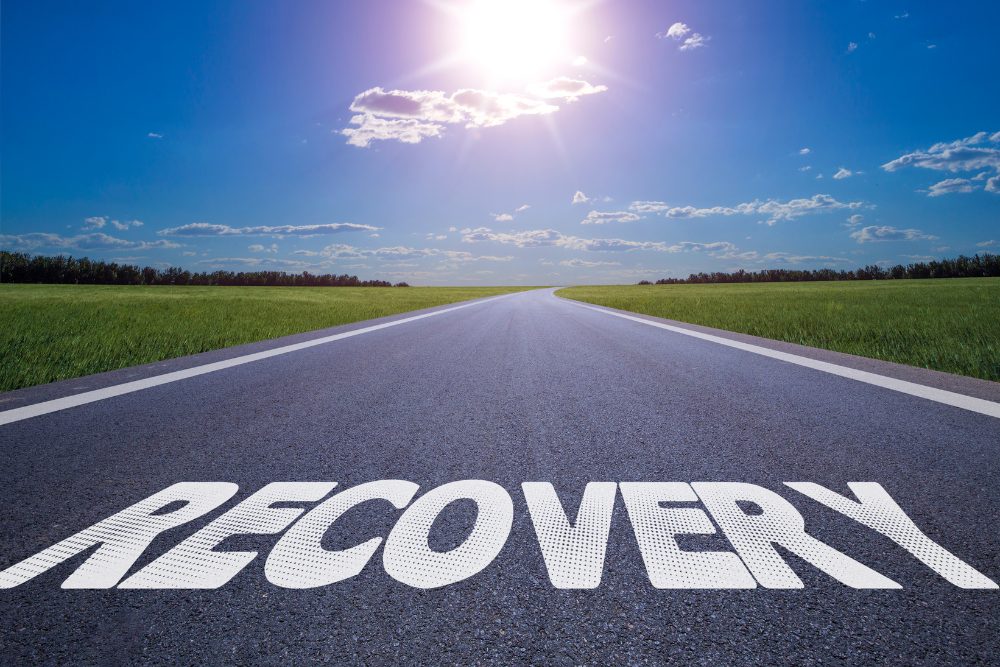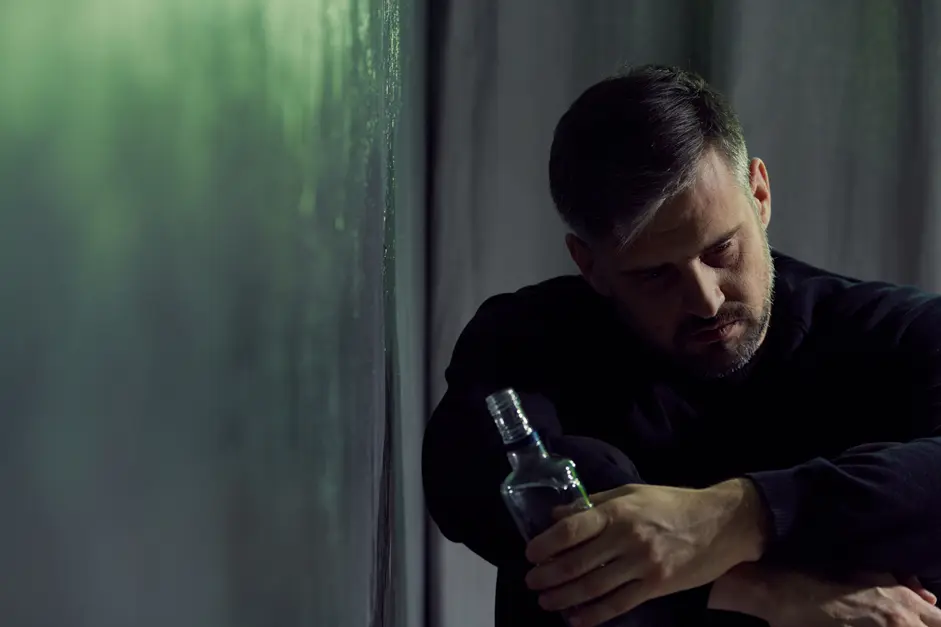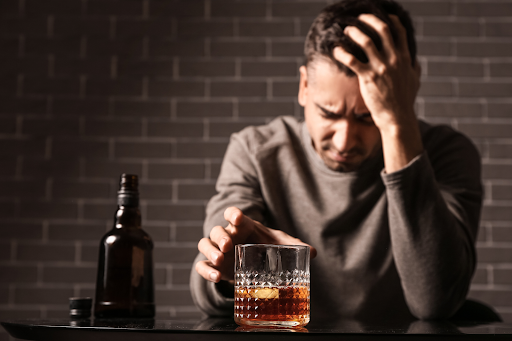The journey through addiction recovery is filled with distinct stages that each bring unique challenges and moments of growth. Understanding these stages of recovery can be crucial for anyone embarking on this path with a loved one. From the early phase of acknowledging a need for change to the sustained commitment to long-term maintenance, each stage represents a critical step forward. Gain insights into these stages with Wellbrook Recovery – leaders in addiction rehab – so you can better support your loved one in what lies ahead.
Table of Contents
The Five Stages of Addiction Recovery
In the 1970s, psychotherapists developed the Stages of Change Addiction Model, which identified that, whatever the addiction, people needed to go through the same steps to achieve change.
What are the stages of addiction recovery? The five phases of recovery include pre-contemplation, contemplation, preparation, action, and maintenance.

Stage 1: Pre-Contemplation
In this stage, individuals are not yet considering making any changes in their addictive behavior. They may even be unaware or in denial about the negative impacts of their addiction.
As a result, individuals in this stage will often resist any form of suggestion or intervention aimed at addressing their addiction. They might also minimize the consequences of their behavior or blame external factors for their addiction rather than take responsibility.
Stage 2: Contemplation
In this stage, individuals begin to recognize that they struggle with addiction and that it’s negatively affecting their lives. This can be a harsh realization because it involves admitting something very personal and painful. However, this is the beginning of seeking out help.
Individuals finally realize that they cannot continue living in their current state and that change is vital.
Stage 3: Preparation
After acknowledging the substance abuse issue, the individual starts to contemplate what it would mean to live a life without addiction again. This involves learning more about addiction and recovery.
Individuals may start researching treatment options or speaking with others who have faced similar struggles. This is a time when you can offer support to your loved one and guide them to get the right interventions.
Stage 4: Action
In the action stage, the focus is on actively changing behavior to overcome addiction. This is when individuals start to learn and implement strategies needed to be in recovery. Strategies include completing a rehab program, attending therapy sessions more regularly, and practicing in support groups.
Individuals may also pursue healthier activities that distract from cravings. If necessary, they might follow a medication plan prescribed to help with withdrawal symptoms.
Stage 5: Maintenance
The final stage is about maintaining the changes over the long term. In this stage, individuals continue to use their coping strategies daily and stay connected with their support networks.
Individuals may also work on other areas of their lives that were impacted by addiction, such as rebuilding relationships or advancing in their careers. The goal is to sustain the new life they have created, recognizing that recovery from addiction requires continual effort and vigilance.
Challenges Encountered in Recovery
Individuals may face challenges whilst moving through the stages of recovering from addiction. Understanding these obstacles can better equip you to help the person in your life who is trying to overcome substance abuse. Showing your support and referring them to the right resources is crucial to bolstering their recovery. Below are some common challenges individuals face during the recovery process and how you can help your loved one combat them.
- Emotional Hurdles: Emotional ups and downs are common in recovery. Individuals may experience guilt, shame, anxiety, and even depression. Dealing with these intense emotions can be a real test of strength.
Coping Strategy: Help your loved one embrace the process of healing. Help them seek professional guidance to address these emotional issues. Encourage your loved one to engage in mindfulness and meditation to help manage these intense feelings. Remember, these emotions will stabilize over time, and you’ll discover a newfound emotional balance.
- Societal Pressure: Many individuals in recovery face pressure from friends and acquaintances who still use substances. It can be difficult to resist the temptation and the feeling of being left out.
Coping Strategy: Guide your loved one to establish boundaries with those not in support of their recovery. Remind them of the importance of sobriety in their lives. Encourage them to join support groups or to find like-minded individuals who are walking the same path.
- Lack of Purpose: Without the constant distraction of substance use, individuals may find themselves wondering about their life’s purpose. The void can be unsettling.
Coping Strategy: Help your loved one nurture their passions and hobbies. You can give them the tools or means to engage in activities that bring them purpose and fulfillment.

Support Systems and Resources for Recovery
Building a strong support network is one of the most important steps in maintaining sobriety and creating a healthier future. Encourage your loved one to connect to others who can offer them support, helpful resources, and an understanding of the recovery process. Some support systems include:
- Family and Friends: Individuals should involve trusted loved ones who genuinely care about their well-being.
- Professional Guidance: Therapists, counselors, and addiction specialists play a vital role in offering expert advice, emotional support, and coping strategies.
- Peer Support Groups: Joining groups like Alcoholics Anonymous (AA), Narcotics Anonymous (NA), or other recovery communities helps connect you with people who share similar experiences.
- Community Resources: Take advantage of local resources such as recovery centers and wellness programs. Wellbrook Recovery offers a comprehensive recovery program designed specifically to guide each individual to lasting sobriety.
Move Through the Stages of Recovery and Reach Healing
Moving through the phases of recovery is a lengthy and difficult process. Understanding the unique challenges and growth opportunities each phase brings helps you and your loved ones navigate the journey to recovery.
At Wellbrook Recovery in Wisconsin and Ohio, we offer compassionate, professional guidance tailored to each stage of recovery, ensuring that individuals feel safe, supported, and empowered. Whether you are just starting on this pathway or looking to strengthen long-term sobriety, our team is here to help your loved ones build a meaningful and substance-free life.
Reach out to us to hear more about our therapy options. Start your recovery journey today!
FAQs About The Recovery Process:
How long does the recovery process take?
The duration of the recovery process varies among individuals and can take between weeks to months, depending on numerous factors, including the severity of the addiction and the support available.
What should I expect during the recovery process?
Expect emotional ups and downs, the need for lifestyle changes, and possibly support groups or therapy. The process requires patience and commitment.
Is relapse a part of the recovery process?
Yes, relapse is a part of the recovery process for many individuals. It is important to view it as a setback and not a failure, allowing for future learning and growth.



















